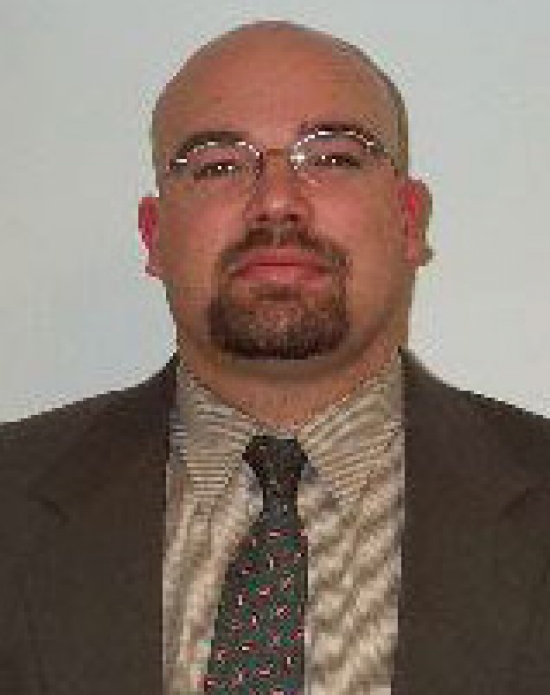European Russophobia and Europe’s Rejection of Peace: A Two-Century Failure
Europe has repeatedly rejected peace with Russia at moments when a negotiated settlement was available, and those rejections have proven profoundly self-defeating. Read more
 How are we to make sense of Vladimir Putin’s announcement that the bulk of the Russian expeditionary force in Syria is to be withdrawn over an as-of-yet undefined period in the coming weeks and months? Is this a Kremlin victory lap, or a way to extricate Russia from what might prove to be a dangerous and costly mistake? Here are five ways to view Putin’s surprise.
How are we to make sense of Vladimir Putin’s announcement that the bulk of the Russian expeditionary force in Syria is to be withdrawn over an as-of-yet undefined period in the coming weeks and months? Is this a Kremlin victory lap, or a way to extricate Russia from what might prove to be a dangerous and costly mistake? Here are five ways to view Putin’s surprise.
1) Mission accomplished
The most straightforward explanation, based on an assessment that the Russian expeditionary deployment, which began last September, was always intended to be a short-term operation. At the time, the Kremlin made no grandiose promises about what its active involvement in the Syrian civil war would bring—no boasting about how the Islamic State would be destroyed or statements about restoring control over all of Syria to the regime of Bashar al-Assad.
Like the Russian intervention in the Donbass the year before, Putin moved to act swiftly in Syria at a time when most Western experts were confidently predicting that Assad, finally, had reached the end of his rope and that the opposition would soon be in Damascus. The Russian military presence in Syria was supposed to “assist” the Assad regime, and it has done that. Six months later, in March 2016, no one is talking about how Assad is about to fall; the Syrian government forces and their various militia allies have regained the initiative on the battlefield, taking back key villages that strengthen their ability to keep control of the parts of Syria they occupy while degrading the capabilities of the opposition.
The article's full-text is available here.